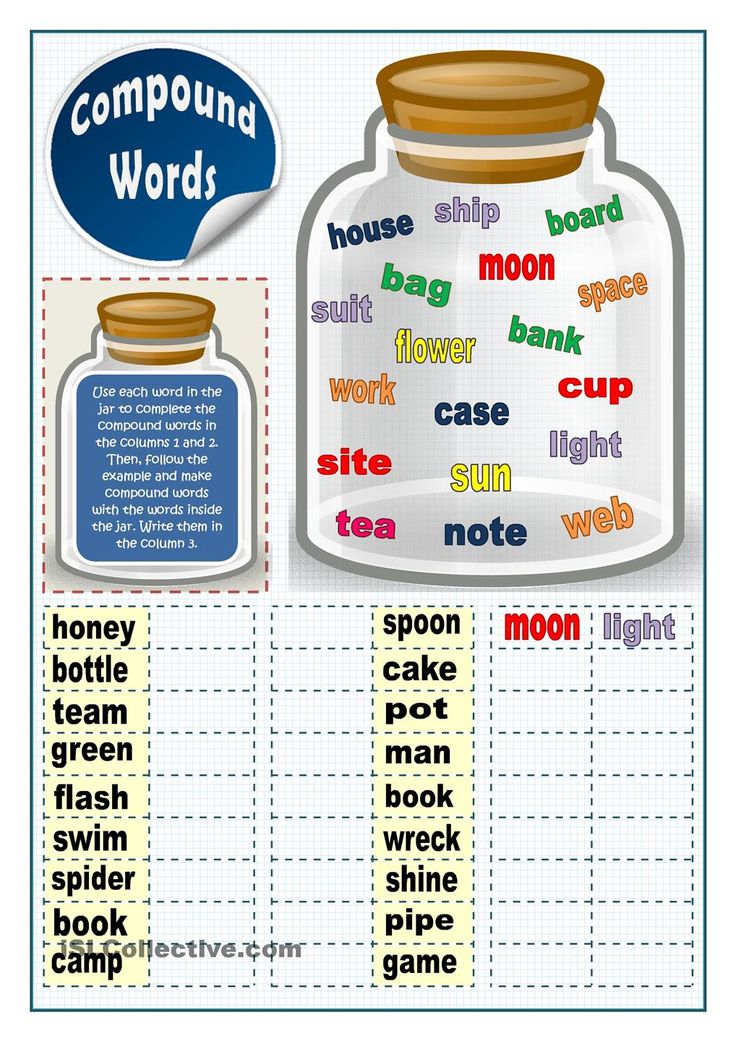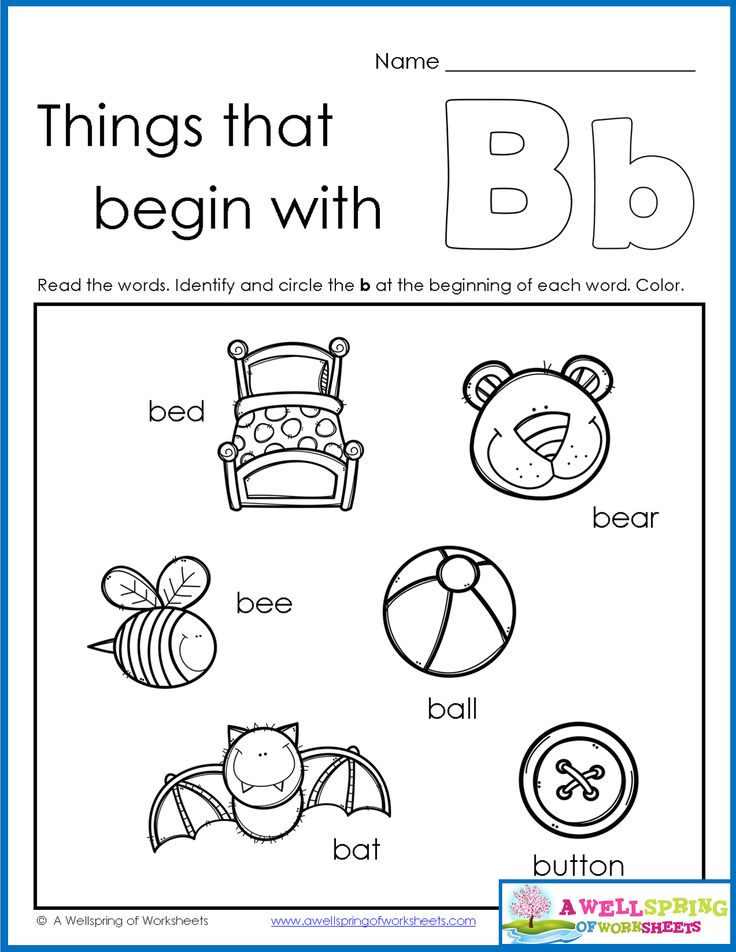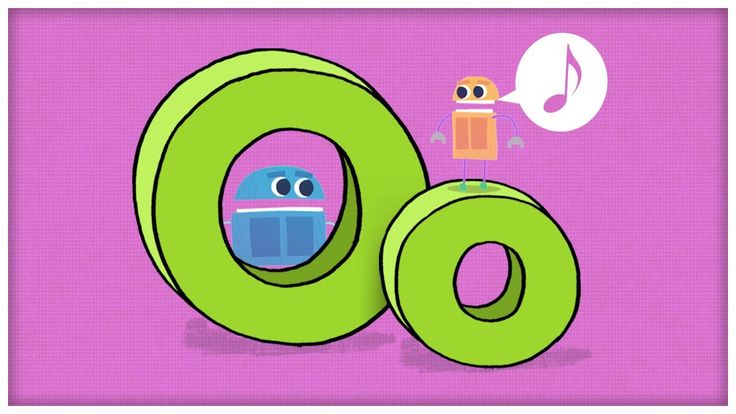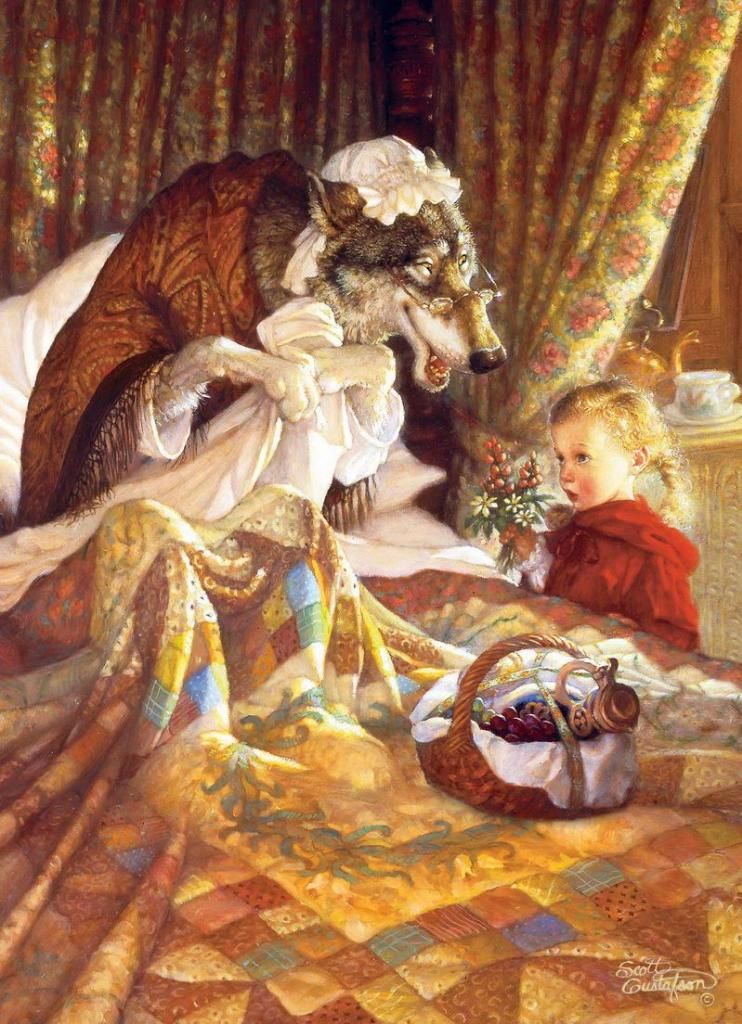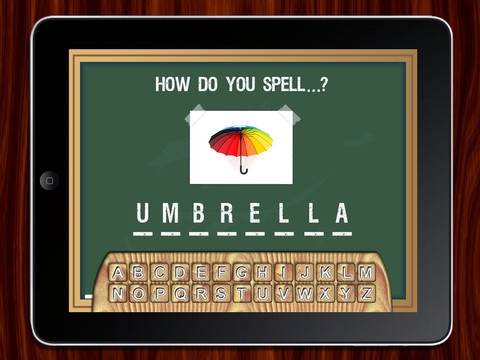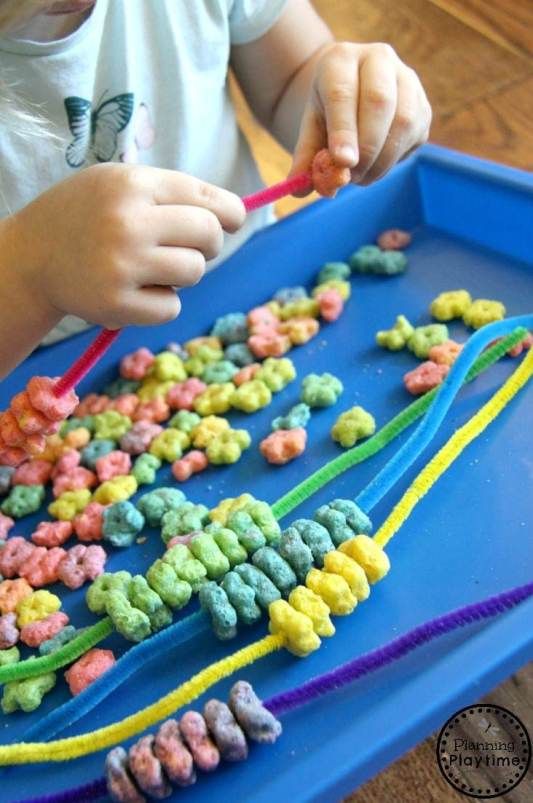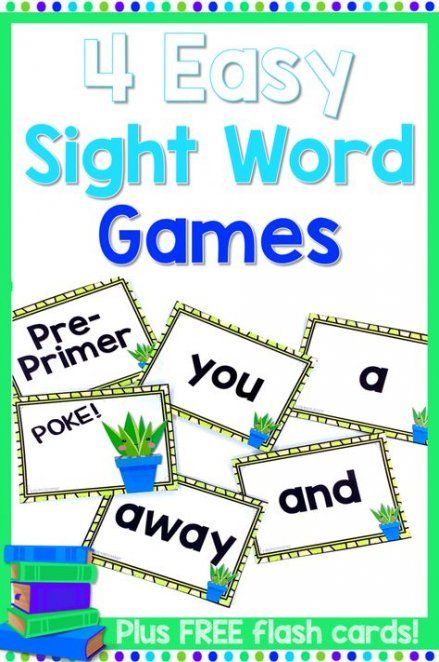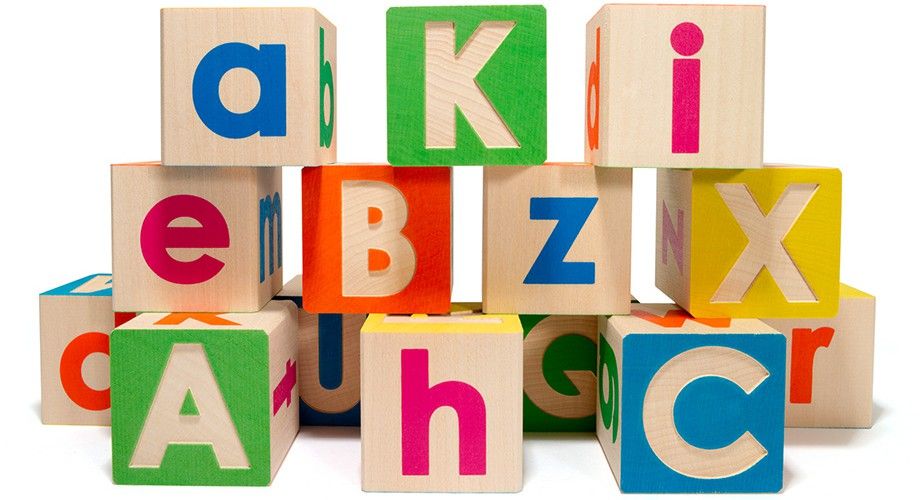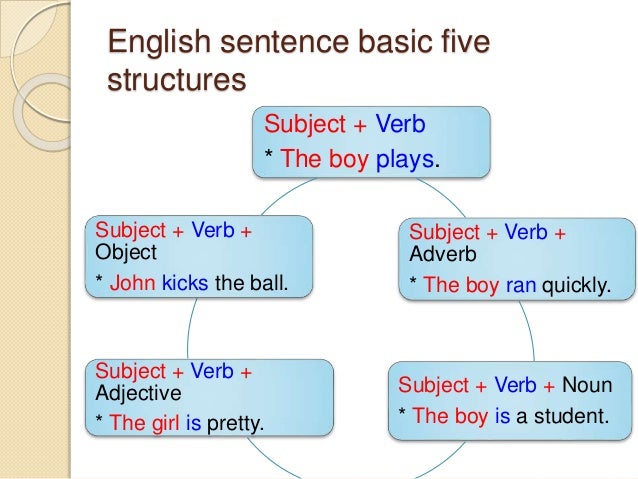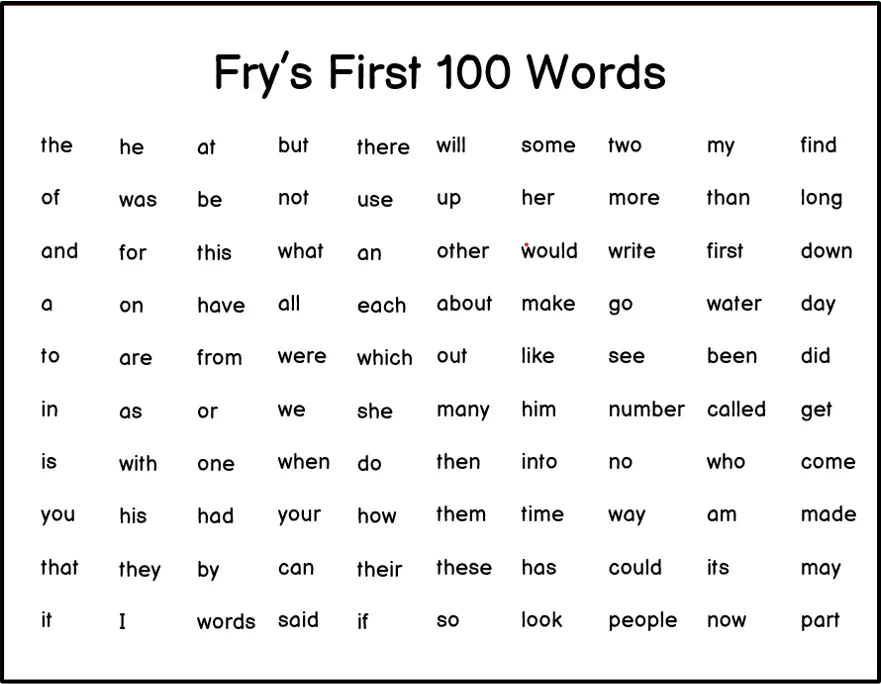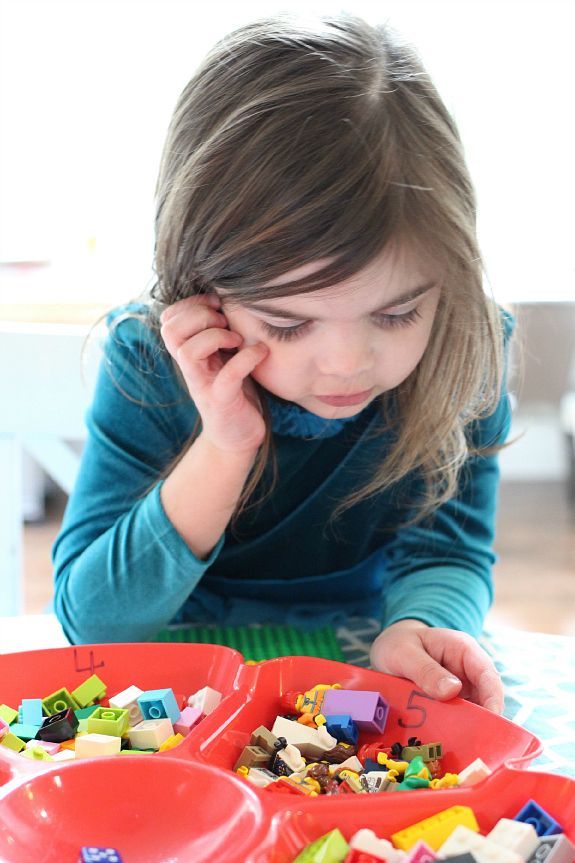Compounds words for kids
150+ Examples Of Compound Words For Kids
Compound words for kids are designed by combining two simpler words to form one complex word. An example of this would be mail + box = mailbox. We often use compound words without realizing they consist of two different, simpler words.
What are compound words?
When asking, “what are compound words?” we need to look at the utility of compound words in modern language. They describe complex ideas or objects that can be represented by combining two simpler words. For example, the words seashell and seashore are compound words that have derivatives in sea, shell, and shore.
We use compound words to make sense of new phrases, objects, phenomena, and events. They are highly flexible by design and can be used to describe a large number of things.
You can teach your students to use compound words through a compound words list for kids and compound words examples to get them to learn the construct effectively.
Let’s check out different types of compound words and some examples you can teach your students to help them understand compound words better for optimal reading. You can also use these examples of compound words to make stories and quiz your students in larger texts.
What are the types of compound words for kids?
Now that we have explored a comprehensive list of compound words for kids, let us understand what are the types of compound words that students should know and understand. You can focus on the utility of compound words to help students learn them better.
1. Closed compound words
This is a classic example of compound words, wherein two words come together to form a completely new type of word. An example of this would be, moon + light = moonlight or base + ball = baseball. You can focus on how these words are used extensively across literary works across reading levels.
2. Open compound words
When a modifying adjective is added to a noun to create a new noun, that is an open compound word. An example of this would be store + room = storeroom. You can focus on how open compound words are used when writing sentences and describing objects.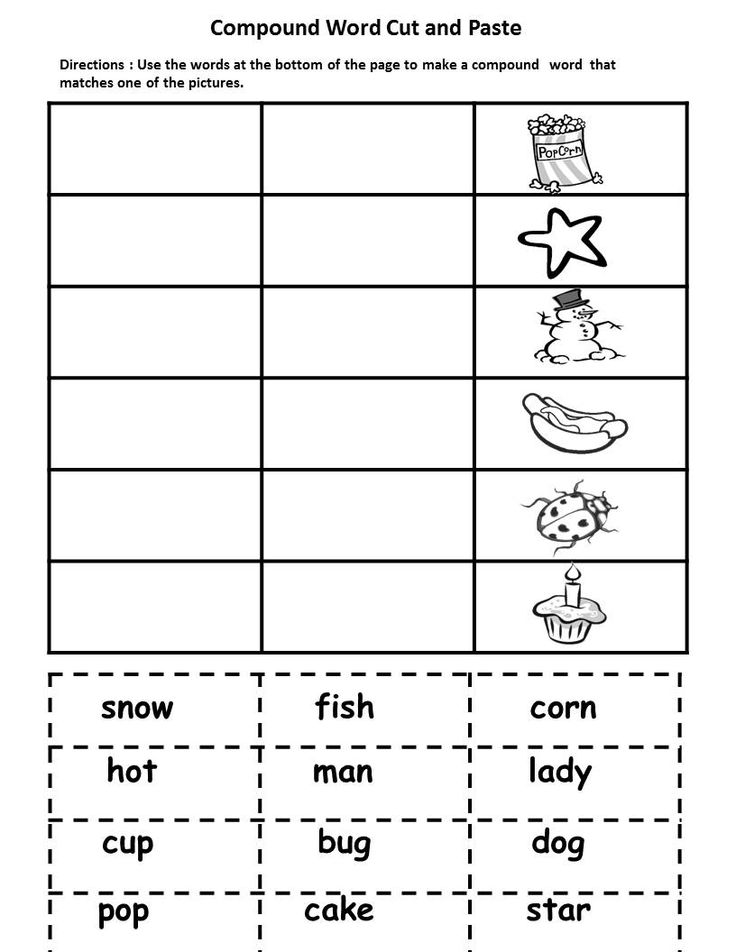
Words like father-in-law or well-known are hyphenated compound words as they are formed with a hyphen combining two words. They retain some of their original contextual meaning through hyphenation, giving readers clarity about their meaning.
By understanding the different types of compound words, you can teach your students to be better readers and writers in the English language. You can also focus on innovative teaching methods to better explain compound words to students. You can leverage unique strategies to make compound words intuitive for kids of all ages.
Let’s look at 150 examples of compound words for kids
Compound words come in all variations, making them an important topic to focus on as kids progress from grade to grade. You can use these 150 examples of compound words to teach kids about the subject area within your own lesson plan.
After + Noon = Afternoon
Air + Plane = Airplane
Air + Port = Airport
Angel + Fish = Angelfish
Any + Body = Anybody
Any + One = Anyone
Arm + Chair = Armchair
Arm + Pit = Armpit
Basket + Ball = Basketball
Bath + Tub = Bathtub
Bed + Room = Bedroom
Birth + Place = Birthplace
Blue + Berry = Blueberry
Body + Guard = Bodyguard
Book + Store = Bookstore
Brain + Storm = Brainstorm
Bull + Frog = Bullfrog
Bus + Boy = Busboy
Butter + Fly = Butterfly
Cab + Driver = Cabdriver
Can + Not = Cannot
Candle + Stick = Candlestick
Cat + Fish = Catfish
Cave + Man = Caveman
Cross + Bow = Crossbow
Cross + Walk = Crosswalk
Day + Break = Daybreak
Day + Dream = Daydream
Day + Light = Daylight
Desk + Top = Desktop
Dog + House = Doghouse
Door + Bell = Doorbell
Door + Mat = Doormat
Down + Hill = Downhill
Dragon + Fly = Dragonfly
Drop + Down = Dropdown
Dust + Bin = Dustbin
Every + Thing = Everything
Extra + Curricular = Extracurricular
Eye + Ball = Eyeball
Eye + Brow = Eyebrow
Finger + Nail = Fingernail
Fire + Cracker = Firecracker
Fish + Bowl = Fishbowl
Fisher + Man = Fisherman
Foot + Ball = Football
Foot + Path = Footpath
Foot + Step = Footstep
Gold + Fish = Goldfish
Good + Night = Goodnight
Grand + Father = Grandfather
Grass + Hopper = Grasshopper
Ground + Hog = Groundhog
Hard + Ship = Hardship
Head + Band = Headband
Home + Town = Hometown
Honey + Dew = Honeydew
Hop + Scotch = Hopscotch
Horse + Play = Horseplay
Hot + Dog = Hotdog
In + Side = Inside
It + Self = Itself
Key + Board = Keyboard
Lay + Out = Layout
Lay + Over = Layover
Life + Time = Lifetime
Light + House = Lighthouse
Lip + Stick = Lipstick
Mail + Box = Mailbox
Merry + Go + Round = Merry-Go-Round
Mid + Night = Midnight
Milk + Shake = Milkshake
Mind + Set = Mindset
Moon + Light = Moonlight
Mother + In + Law = Mother-In-Law
Mother + Land = Motherland
Name + Sake = Namesake
Neck + Tie = Necktie
Needle + Point = Needlepoint
New + Born = Newborn
News + Letter = Newsletter
News + Paper = Newspaper
Ninety + Nine = Ninety-Nine
No + Body = Nobody
Nose + Bleed = Nosebleed
Note + Book = Notebook
Note + Worthy = Noteworthy
Out + Side = Outside
Over + Estimate = Overestimate
Pepper + Mint = Peppermint
Pillow + Case = Pillowcase
Pony + Tail = Ponytail
Pop + Corn = Popcorn
Race + Horse = Racehorse
Rail + Road = Railroad
Rain + Bow = Rainbow
Rain + Coat = Raincoat
Rain + Storm = Rainstorm
Rain + Drop = Raindrop
Row + Boat = Rowboat
Run + Way = Runway
Safe + Guard = Safeguard
Safe + House = Safehouse
Salt + Water = Saltwater
Scare + Crow = Scarecrow
School + House = Schoolhouse
Short + Term = Short-Term
Show + Lace = Shoelace
Skate + Board = Skateboard
Smart + Phone = Smartphone
Snow + Storm = Snowstorm
Soft + Ball = Softball
Some + Where = Somewhere
Sound + Proof = Soundproof
Space + Ship = Spaceship
Spear + Mint = Spearmint
Stair + Case = Staircase
Star + Fish = Starfish
Star + Light = Starlight
Sting + Ray = Stingray
Straw + Berry = Strawberry
Sub + Way = Subway
Sun + Burn = Sunburn
Sun + Flower = Sunflower
Sun + Glasses = Sunglasses
Sun + Ray = Sunray
Sun + Roof = Sunroof
Sun + Shine = Sunshine
Super + Man = Superman
Super + Star = Superstar
Table + Spoon = Tablespoon
Tad + Pole = Tadpole
Tail + Bone = Tailbone
Take + Out = Takeout
Tea + Cup = Teacup
Tea + Spoon = Teaspoon
Text + Book = Textbook
Throw + Back = Throwback
Thunder + Storm = Thunderstorm
Tooth + Brush = Toothbrush
Tooth + Paste = Toothpaste
Tug + Boat = Tugboat
Tupper + Ware = Tupperware
Two + Fold = Two-fold
Under + Ground = Underground
Up + Stream = Upstream
Upper + Class + Man = Upperclassman
Waste + Basket = Wastebasket
Water + Body = Waterbody
Water + Melon = Watermelon
Water + Proof = Waterproof
Wheel + Chair = Wheelchair
With + Out = Without
Work + Boats = Workboats
Work + Sheet = Worksheet
You can also take advantage of the online games available through SplashLearn to teach through gamified learning.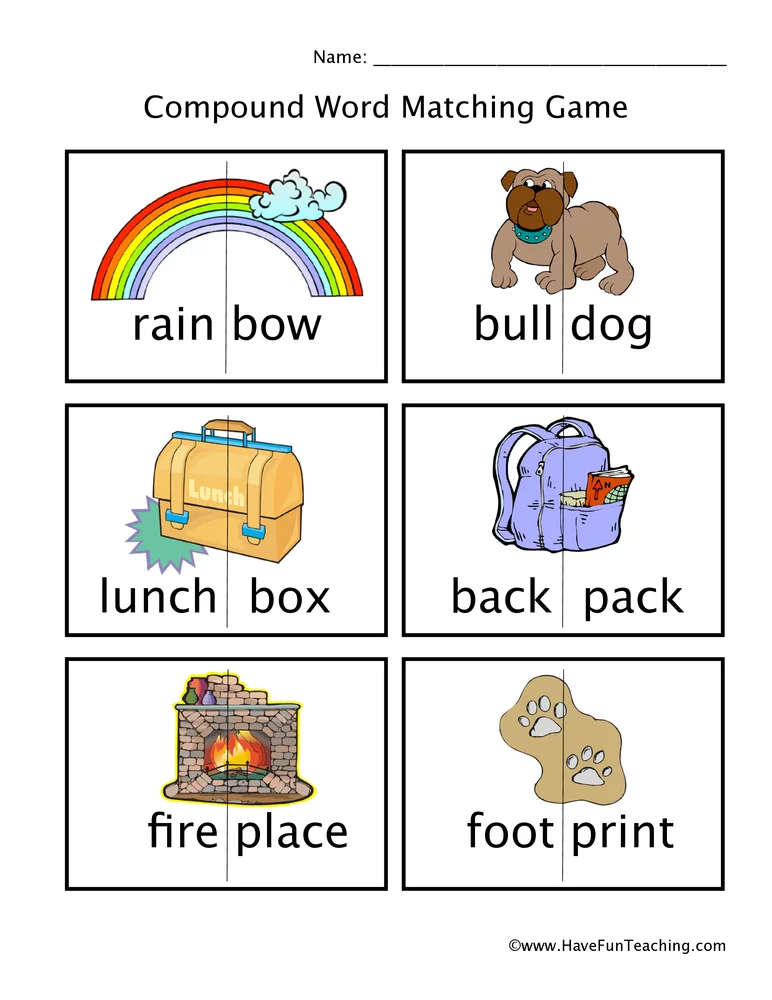
Check out our extensive library of amazing reading games you can play with your students!
Exploring fun ways of teaching compound words to kids
Teachers should look for two essential elements when explaining compound words to students; you should remember to explain that compound words can have new meanings when connecting two smaller words.
You should also clarify that complex words can be three words coming together to form a new word. Compound words can be multi-syllable, but not all multi-syllable words are compound words. This should help kids understand what they are without feeling confused.
Compound words for kids can be complicated to pick up through verbal instructions alone. You can focus on games, puzzles, toys, and exercises to get kids to understand the utility and versatility of compound words.
1. Identifying compound words in storiesBy reading through books and short stories, your students may already be familiar with, you can ask kids to identify compound words within the text.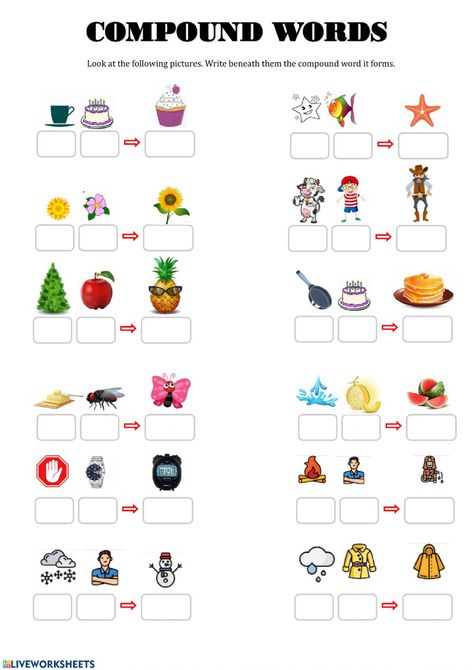 This will help them understand why we use compound words in English and how they impact contextualization and structuring.
This will help them understand why we use compound words in English and how they impact contextualization and structuring.
You can make poems and songs on compound words and use songs to help kids enjoy learning about compound words naturally. You can also bring props to demonstrate which words are compound words and which aren’t.
3. Chopping wordsYou can print out compound words on paper in a nice bold font and have your students cut in the middle of the compound word to create two words. If your students understand compound words correctly, they should be able to cut the compound word’s original root words.
4. Determining Which is Compound & Non-CompoundYou can play a game with your students to help them understand compound words better. By giving them two options and asking them to figure out whether they are compound words or not, you can test their abilities organically.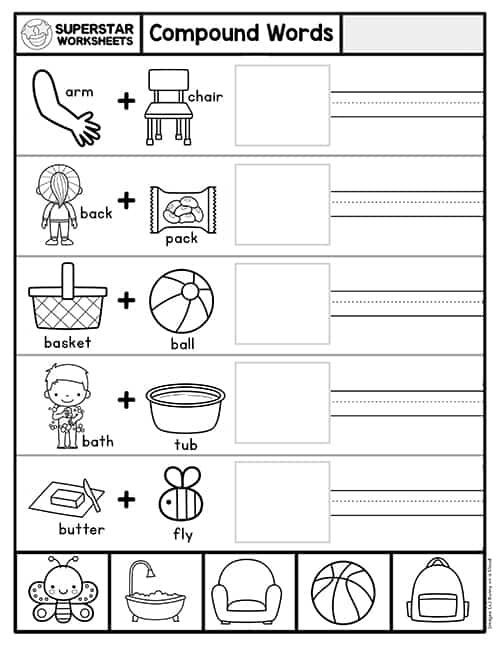 You can also provide references and compound word list examples.
You can also provide references and compound word list examples.
You can prepare a deck of single words printed onto cards and present them to your classroom. They need to match the correct pairs together to form a compound word. You can also do this activity with hyphenated words by giving them extra cards representing a dash.
6. Draw the compound wordThis gives your students a kinesthetic way of learning about compound words through painting. Your students can paint out the compound word based on the prompt shared with them. E.g., they can be given sun + screen, and they must draw a tube of sunscreen.
Related Reading: How Can Teachers Help English Language Learners
Frequently Asked Questions(FAQs)
Can you use flashcards to teach compound words ?
Yes, flashcards are an effective way to teach compound words to kids. You can print them out as a teaching tool when exploring complex compound words.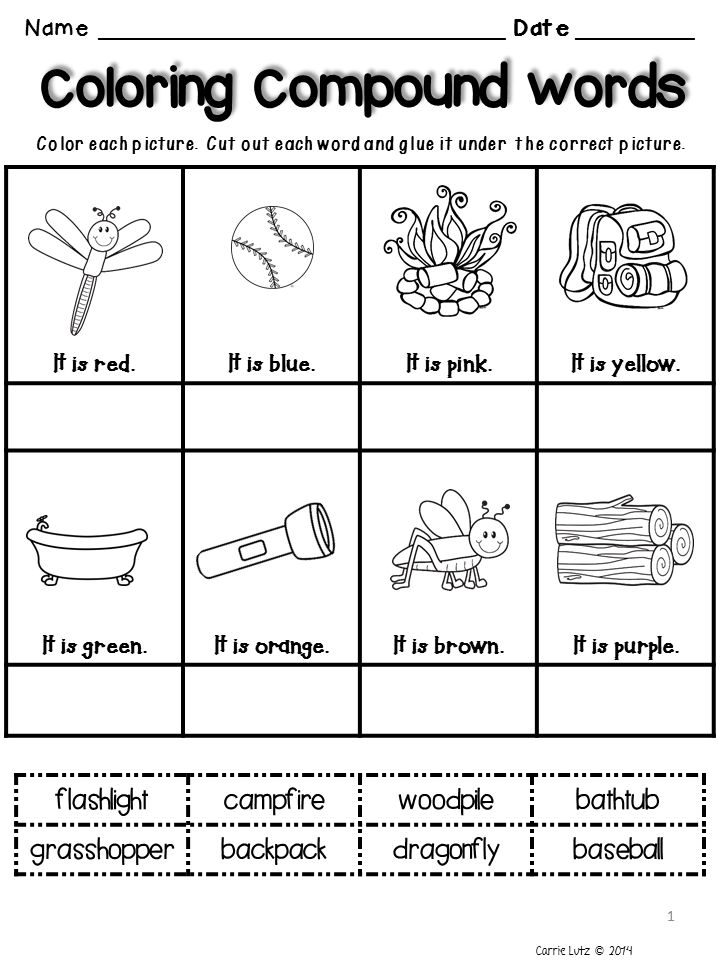
Why do kids need to learn compound words?
The etymology and utility of compound words are essential to teaching kids to make them more comfortable with speaking, understanding, writing, and listening to the English language.
How to introduce compound words to young kids?
You can introduce compound words to kids through multiple strategies, such as with toys, props, storytelling, and games.
150 Examples of Compound Words for Kids – TurtleDiary.com
Compound words are formed when two or more words are joined together to create a new word that has an entirely new meaning.
Click here for Compound Words Games, Videos, Quizzes, Worksheets and Lessons.
For example, “sun” and “flower” are two different words, but when fused together, they form another word, Sunflower. These words are formed by either adding a hyphen or just using the two words as a single term. The spelling of the two words is not necessarily changed when they are joined together, but the definition becomes unique.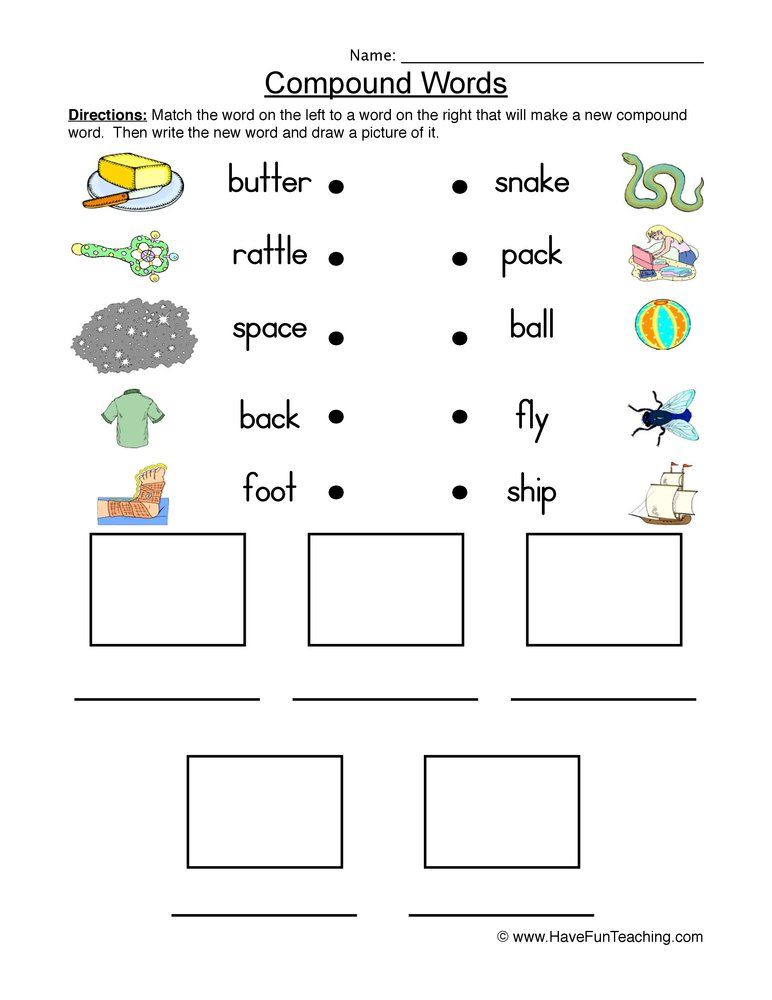
Consider the words “make up” and “makeup”. This is a more advanced example of a compound word because the resulting combination is a homonym and can be used in more than one way.
Make up your mind fast.
My makeup was ruined by the rain!
I have a makeup exam tomorrow.
In the first sentence, make up is a verb. In the second sentence, makeup is used as a noun. In the third sentence, we see makeup as an adjective describing “exam.”
Types of Compound Words
There are three types of compound words;
- Closed Compound words: These words are written as a single word, such as haircut, newspaper, grandmother, etc.
- Open Compounds: Compound words that are written as separate words such as high school, living room, school bus, etc.

- Hyphenated Compounds: Words that use a hyphen in between two words, such as well-known, second-rate, merry-go-round, etc.
Fun ways to teach Compound Words
Every child has a different way of learning. What works for one may not work for another so we have created these fun ways to teach your kid compound words. Choose the best activity that tailors to your kid’s learning style.
- Visual learning style – Prepare flashcards, half with words and half with pictures. Have your child lay them out in grid style and flip two cards over at a time. The goal is to find a word and a picture to create a compound word. Students will have to use their memory to succeed at this game.
- Kinesthetic learning style- Give students a compound word and have them draw the two “parts” of the compound word. For example, for “doghouse” a kid would draw a dog and a house.
- Help the kids make compound word daisies. Have them write a word in the middle of the paper flower and ask them to write compound words that utilize the word on the petals.
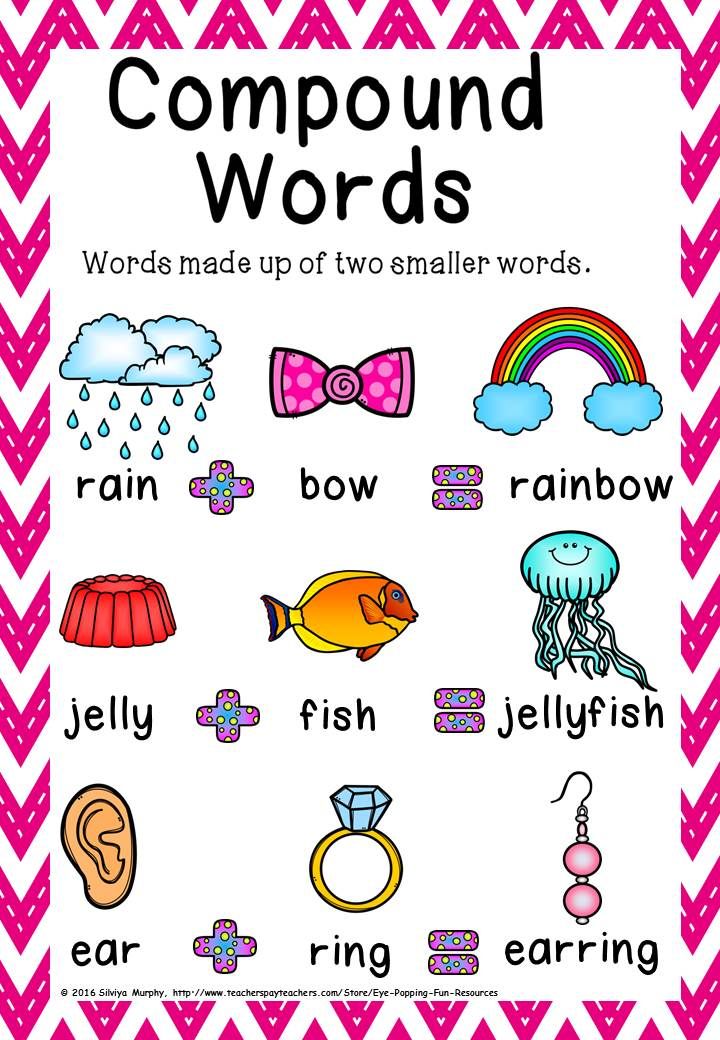
Once your students know the basics of compounds, you can help them move onto more difficult words.
Practice with these 150 examples of compound words:
- Airplane
- Airport
- Angelfish
- Antfarm
- Ballpark
- Beachball
- Bikerack
- Billboard
- Blackhole
- Blueberry
- Boardwalk
- Bodyguard
- Bookstore
- Bow Tie
- Brainstorm
- Busboy
- Cabdriver
- Candlestick
- Car wash
- Cartwheel
- Catfish
- Caveman
- Chocolate chip
- Crossbow
- Daydream
- Deadend
- Doghouse
- Dragonfly
- Dress shoes
- Dropdown
- Earlobe
- Earthquake
- Eyeballs
- Father-in-law
- Fingernail
- Firecracker
- Firefighter
- Firefly
- Firework
- Fishbowl
- Fisherman
- Fishhook
- Football
- Forget
- Forgive
- French fries
- Goodnight
- Grandchild
- Groundhog
- Hairband
- Hamburger
- Handcuff
- Handout
- Handshake
- Headband
- Herself
- High heels
- Honeydew
- Hopscotch
- Horseman
- Horseplay
- Hotdog
- Ice cream
- Itself
- Kickball
- Kickboxing
- Laptop
- Lifetime
- Lighthouse
- Mailman
- Midnight
- Milkshake
- Moonrocks
- Moonwalk
- Mother-in-law
- Movie theater
- Newborn
- Newsletter
- Newspaper
- Nightlight
- Nobody
- Northpole
- Nosebleed
- Outer space
- Over-the-counter
- Overestimate
- Paycheck
- Policeman
- Ponytail
- Post card
- Racquetball
- Railroad
- Rainbow
- Raincoat
- Raindrop
- Rattlesnake
- Rockband
- Rocketship
- Rowboat
- Sailboat
- Schoolbooks
- Schoolwork
- Shoelace
- Showoff
- Skateboard
- Snowball
- Snowflake
- Softball
- Solar system
- Soundproof
- Spaceship
- Spearmint
- Starfish
- Starlight
- Stingray
- Strawberry
- Subway
- Sunglasses
- Sunroof
- Supercharge
- Superman
- Superstar
- Tablespoon
- Tailbone
- Tailgate
- Take down
- Takeout
- Taxpayer
- Teacup
- Teammate
- Teaspoon
- Tennis shoes
- Throwback
- Timekeeper
- Timeline
- Timeshare
- Tugboat
- Tupperware
- Underestimate
- Uplift
- Upperclassman
- Uptown
- Video game
- Wallflower
- Waterboy
- Watermelon
- Wheelchair
- Without
- Workboots
- Worksheet
Compound words visiting children
06 Mar 2011 Written by Ekaterina
For the development of the lexical and grammatical side of speech, I developed a lesson using technical means.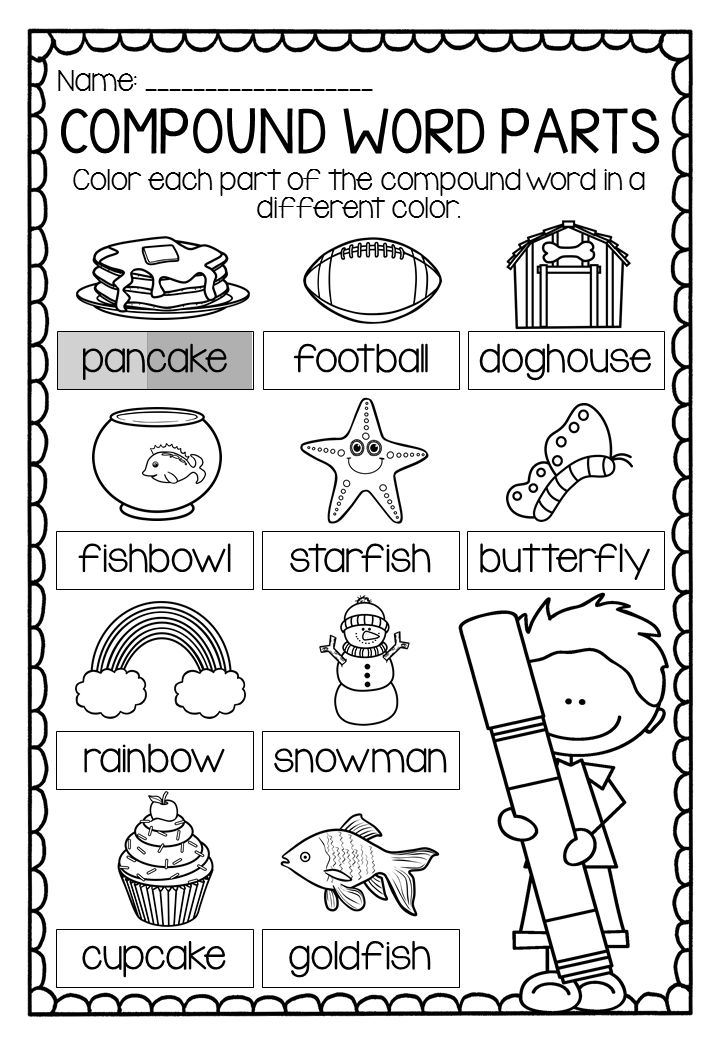 Since the formation of complex words by adding two words for a preschooler is a very difficult task, I tried to facilitate this task with the help of visual-game tools, modeling situations.
Since the formation of complex words by adding two words for a preschooler is a very difficult task, I tried to facilitate this task with the help of visual-game tools, modeling situations.
Speech therapist Zonova N.A.
MDOU d / s "Northern Lights".
p.
• Expand and consolidate ideas about people's professions, their originality, attributes, human abilities
• Learn to form complex words by adding, activate the dictionary with complex words;
• Learn to form nouns from verbs;
Correction-developing:
• develop general and fine motor skills;
• improve the ability to use a long air jet;
• develop visual attention and perception;
• create an acoustic-articulatory sound image [Л']
• expand the vocabulary with definitions, verbs;
• practice the ability to make sentences with a given word;
• development of graphomotor skills;
Correctional and educational:
• nurture the desire to engage and achieve positive results.
• educate respect for the work of people of different professions
Equipment: TV, DVD player, music center, water and sand center, illustrations with people's professions, illustrations of the Cheburashka silhouette, a picture depicting a part of the Wolf's body, fishing rods, fish with magnets, a ball .
Handout: cards depicting various attributes for different professions, pictures depicting people of different professions, a simple pencil for each child didactic game "Sound Lotto", plastic massage balls, metal rings for each child; medals.
Preparing for the lesson: pre-filmed clip from the TV show "Good night kids"
1. Organizational moment:
Speech therapist:
One, two, three, four, five new day, I will smile at you, and you will smile at each other. We are calm and kind, we are friendly, healthy. Let's take a deep breath, inhale kindness and beauty.
The melody from the TV show “Good night, kids” sounds”, the children sit down on the carpet in front of the TV.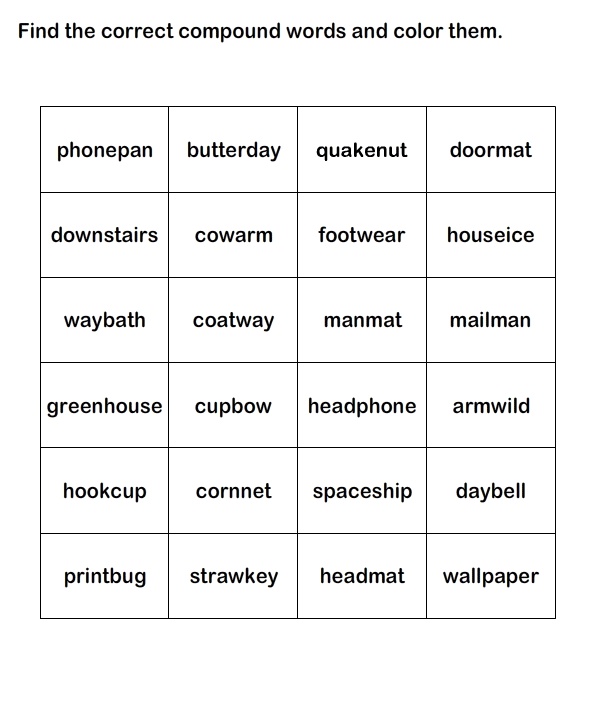
Speech therapist: Why did the children's show start in the afternoon? Maybe we need our help, let's see.
2. Determination of motivation for the lesson:
A speech therapist appears on the screen in the role of a TV presenter and Phil's toy. They are having a dialogue. Filya turns to the children for help
Filya: Hello, Natalia Aleksandrovna. I need help. I was given the task to unravel the professions of people by these attributes, but I just can’t do it, but I need to tell the children about different professions in the evening edition, I’m just “dying”, help.
Speech therapist: Okay, don't cry. Today I will have a lesson in the kindergarten "Teremok". The children in this garden are very smart, inquisitive and they will definitely help you. Let's start with my profession, TV presenter (shows two cards or a slide: on the first TV, on the second - the presenter) What does the TV presenter do? What attributes does he need?
Phil: microphone, script, news, audience.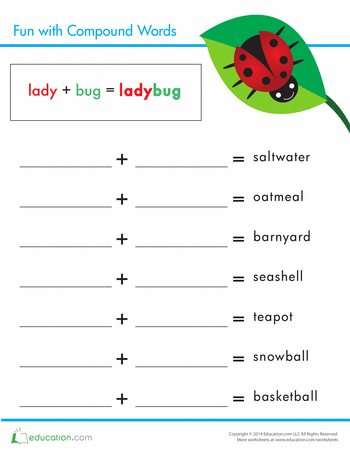
Speech therapist: Right. The word "TV presenter" is derived from the two words television and leads. Here we have completed the first task. And now you, my dear children.
Turning off the TV
Speech therapist: today we will be asked questions by your favorite characters of fairy tales and cartoons that we will hear from the TV screen, they are TV presenters today. Who is the first, guess by the silhouette (the teacher shows the silhouette of Cheburashka)
3. Development of general motor skills. Relaxation exercises:
Cheburashka life-size puppet appears on the screen
Cheburashka: Hello guys. Remember my movements, repeat them, and guess the profession of a person from these movements and these working tools.
Cheburashka imitates cleaning a pipe, climbing stairs, shaking off dust from clothes.
Speech therapist: Do you remember the movements? Let's repeat. (repeat movements)
Look at these tools, what profession does a person need them for? This profession is not very common in our time, it is a chimney sweep (shows cards or a slide: on one pipe, on the other - a person cleans)
Children: chimney sweep
Speech therapist: what does a chimney sweep do? What should be a chimney sweep? Why clean pipes?
Children: Cleans.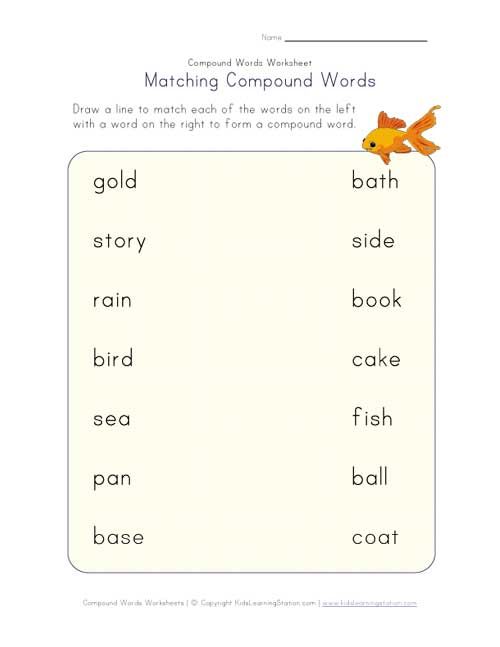 Strong, brave, courageous. To be free from debris, dust, burning. To let the smoke out.
Strong, brave, courageous. To be free from debris, dust, burning. To let the smoke out.
4. Self-massage of hands and fingers. Development of fine motor skills:
Speech therapist: guys, you said that the chimney sweep must be strong, then let's train our hands. To begin with, let's perform a massage with the help of plastic balls - "masseurs".
Children take balls and perform movements as shown by the teacher. The teacher accompanies the movements with a poetic text
Speech therapist:
We made a kolobok
From the flour of its side
Crumpled, crumpled, squeezed
Created a round ball
Rolled on the palm of your hand
We removed the other one
Tossed it up a little
And caught it by the sides
If you like it
Help yourself, I'll give it back
Next, exercises with metal rings are performed. The thumbs are practiced on both hands alternately
I put on the ring
Move it up and down
I roll, roll
I get great benefits
faster”, expanders, tops
Speech therapist pronounces a verse text to relax the hands and fingers
Hands shook vigorously
our fingers stretched
yawned, yawned
and smiled at everyone.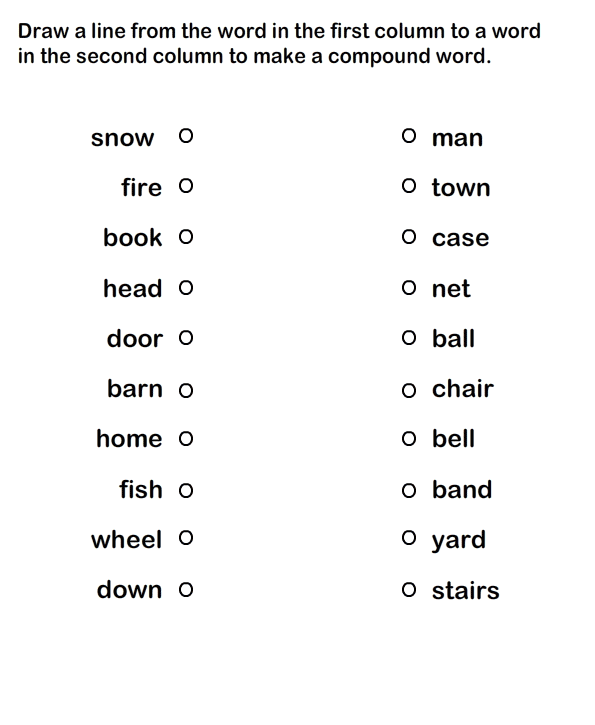
5. Development of graphomotor skills:
Speech therapist: and now guys, come to your desks. Simple pencils and pictures are waiting for you. (each child names his picture from the attributes and tools of a chimney sweep)
Speech therapist: guys, you must shade your picture in the direction indicated in the box in the upper left corner of your leaflet (the teacher individually approaches and checks the correctness of the task, marks the landing when drawing)
6. Formation of a long targeted air jet:
Speech therapist: let's turn our attention to the TV screen, who is the next TV presenter? Try to get to know it in part. (showing part of the wolf picture)
A life-size puppet appears on the screen.
Wolf: Good afternoon, my friends. I enjoy being a TV presenter. Listen to my riddle, and quickly give me a guess:
Has wings, but does not fly
No legs, but you can’t catch up
Swims in an aquarium
Makes people happy
Children: Rybka
Wolf: Correct. What is the name of the profession of a person who fishes?
What is the name of the profession of a person who fishes?
Children: fisherman.
Speech therapist shows two cards or a slide: on one - a fish, on the other - a person is catching
Speech therapist: What does a fisherman do? What kind of fisherman is he? What can you fish with?
Children: Catches fish. Strong, wet, bold. Fishing rod, nets, hands, harpoon.
Speech therapist: and now, you will be fishermen.
Children go to the center of water and sand and use fishing rods with magnets to catch fish.
Speech therapist: and I will ask some guys to blow, create a storm on our "sea", let our anglers try to catch in difficult conditions.
Then the children switch roles.
Speech therapist: guys, look what we have at the bottom of the sea?
Children: rubbish, things, objects.
Children: diver
The teacher shows cards or a slide: on one - water, on the other - a person descends into the water
Speech therapist: What does the diver do? What kind of diver should be? Why do you need his profession?
7.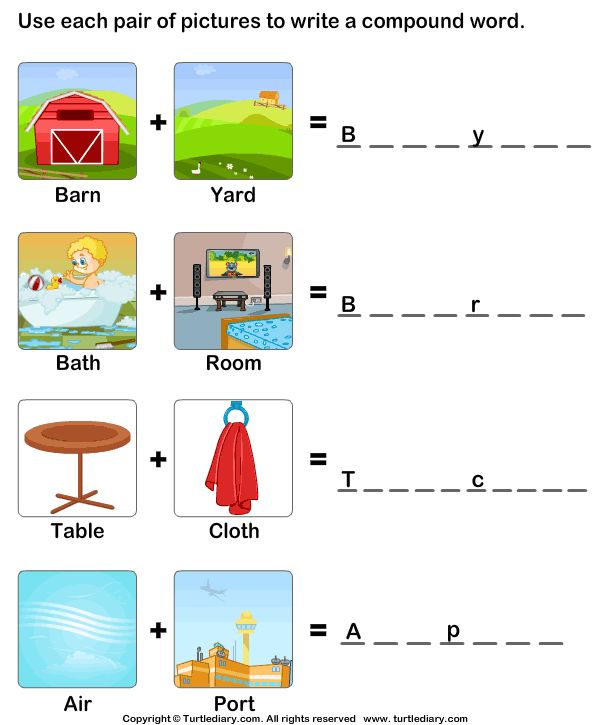 Formation of nouns from verbs:
Formation of nouns from verbs:
And now, stand in a circle, let's play the game "Who is doing what?" I will throw the ball to you and name the action, and you return the ball to me and name the profession of the person who performs this action
Teaches - teacher
Educates - educator
Cleans pipes - chimney sweep
Cooks - cook
Catches fish - angler
Flies - pilot
Climbs into the water - diver
Conducts television programs - TV presenter
8. Literacy education:
Speech therapist: We have another TV presenter, this is the heroine of many folk tales - the Fox.
Lisa's life-size puppet appears on the TV screen with his tasks.
Lisa: My dear children, I welcome you! I would like to understand who cuts down trees in our forest? If you recognize a person of this profession, tell him that there are few trees left in our forest. I hope for you.
Speech therapist: (shows cards or a slide: on one - a forest, on the other - an ax) Guys, what is the name of the profession of a person who cuts a forest?
Children: Lumberjack
Speech therapist: What does a lumberjack do? What tools does a lumberjack need? Is it possible to mindlessly cut down a forest? Guys, what is the first sound in the words "Lumberjack" and "Fox"
Children: sound [L ']
Speech therapist: And how does the sound sound in these words: hard or soft?
Children: Softly
Speech therapist: Guys, come to the tables, let's tell everything we know about the soft sound [L']
Children choose cards with symbols that match the characteristics of the soft consonant sound (barrier - tongue, air stream - warm , according to the participation of the vocal cords - voiced, according to the participation of the middle part of the back of the tongue - soft, the color of the chip is green, the visual image of the letter and its name)
Speech therapist: Well done guys, they coped with the characteristics of the sound, and Lisa gave us cards with the names of professions that will help the forest animals.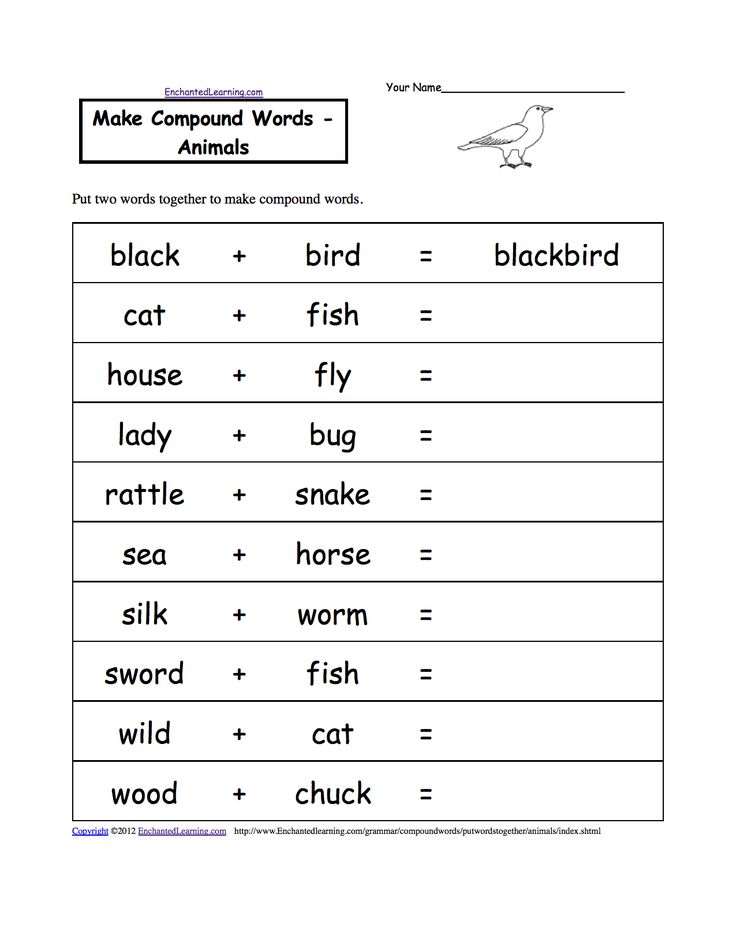 Let's try to guess them.
Let's try to guess them.
9. Consolidation of the ability to form complex words:
The teacher shows cards or a slide "Gardener", "Beekeeper"
Speech therapist: What does the gardener do? beekeeper? why do they plant gardens, bees?
Children: Plants gardens, breeds bees. Gardens are needed to be beautiful, to breathe easier, a home for birds and animals. Bees for pollination of flowers, for honey production.
10. To practice the ability to compose a sentence with a given word:
Speech therapist: Well, guys, you have learned a lot about different professions. Let's decompose the pictures depicting people of different professions into the necessary cards with the image of attributes.
Children independently lay out pictures depicting people of different professions on a card that shows the relevant attributes for this profession
Speech therapist: now guys, think and make a sentence with your own word - the name of the profession, come up to me, pronounce your proposal.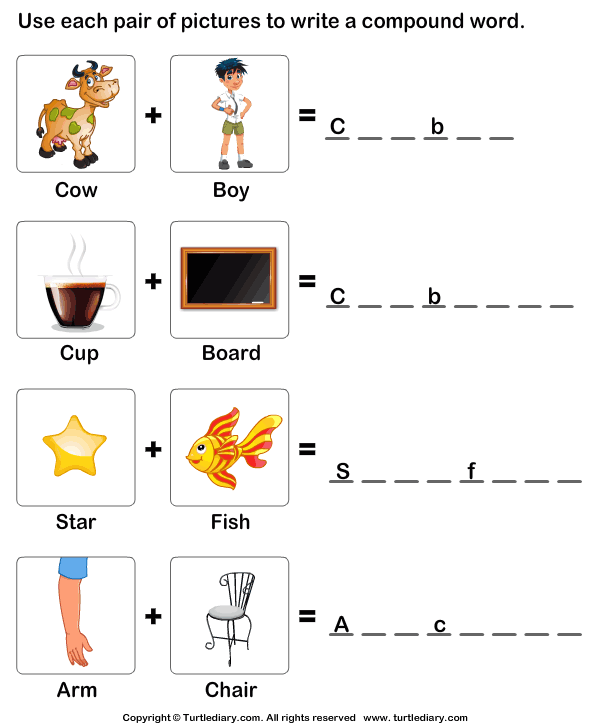
I'll pass on your answers to Phil, and the transmission will be on time and very interesting.
11. Summary of the lesson:
Children stand in a circle, the speech therapist asks questions and evaluates the work of the children in the lesson
Speech therapist: Guys, I really liked you, you clearly answered the questions, tried to pronounce the sounds correctly and clearly.
Which task did you like the most?
Which TV presenter was the best?
What is the profession you will choose when you grow up?
You greeted us with a smile
Answered questions
Draw and write
Play with fingers together
But it's time to say goodbye
And I want to wish you,
To be proud of your profession when you grow up
Be proud and work like today for a grade of five
The teacher awards each child with a medal
| Like |
Author: Ekaterina
Hello! My name is Ekaterina and I am glad to welcome you to the site " Speech Therapy for All " If you like the materials of the site, then you can subscribe to new publications by RSS or Email.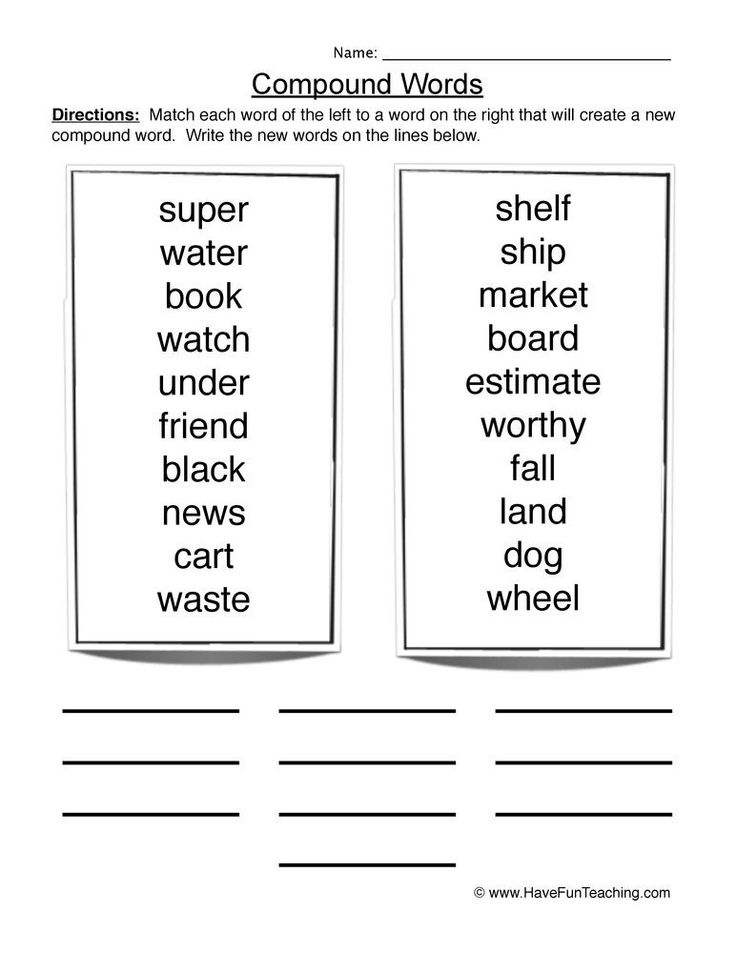 Also join our speech therapy group at Facebook and Vkontakte .
Also join our speech therapy group at Facebook and Vkontakte .
The author has published 485 articles.
Previous material from rubric -
- Speech therapy lesson Surprises from Smeshariki!
- Literacy abstract Sound [s]
- Abstract of a lesson on the development of coherent speech True friend
Headings: Abstracts of speech therapy classes Tags: classes with a speech therapist, abstract
How to learn to pronounce difficult words
For a speaker, words and phrases that are impossible to pronounce are a cause for excitement and tension. Words that are difficult to pronounce lead to “knocking down” the rhythm and “stumbling” during pronunciation. But it is impossible to do without complex words, therefore it is extremely important to write and pronounce them correctly.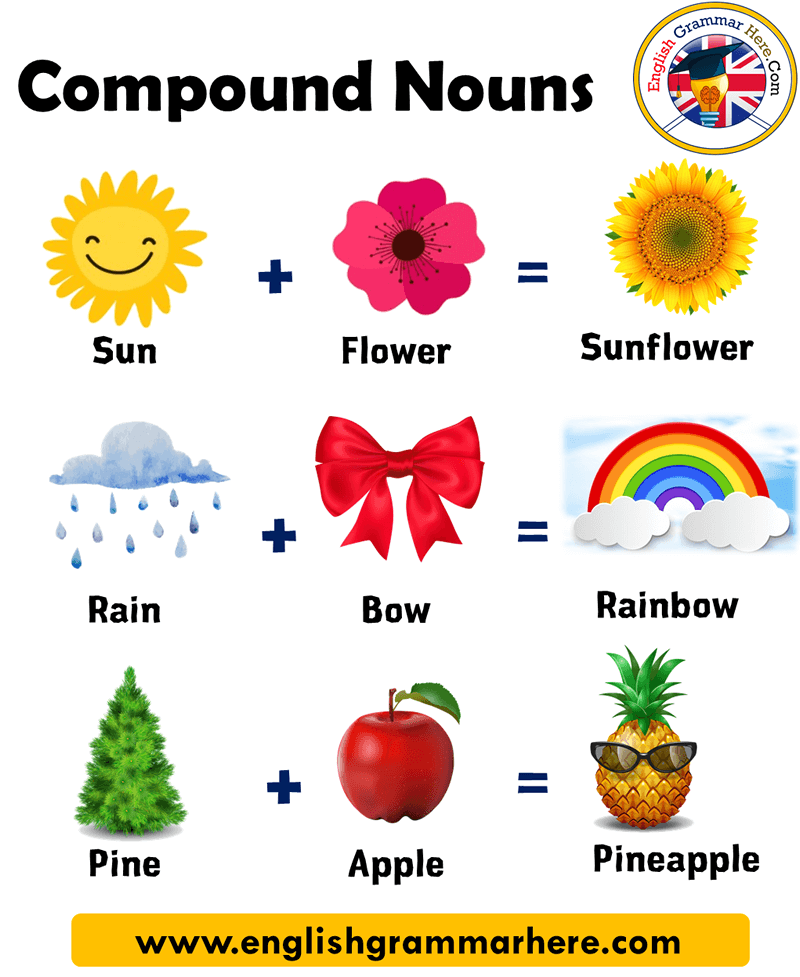
For a confident, effective performance, you need to regularly practice complex pronunciation expressions. Then they will pass into the degree of ordinary ones, they will be easy to pronounce and will no longer bring problems.
Contents
- What are compound words and what they are for
- What are difficult words for
- Examples of difficult words and phrases
- How to learn to pronounce compound words and phrases
What are compound words and what they are for
Compound words consist of two or more roots.
Examples of expressions that cause difficulties for speakers and announcers when pronouncing:
- patrons;
- to the user;
- state;
- registered;
- benefited;
- satellite;
- improvements;
- participants.
Why difficult words are needed
Many words that are difficult to pronounce have appeared in the Russian language.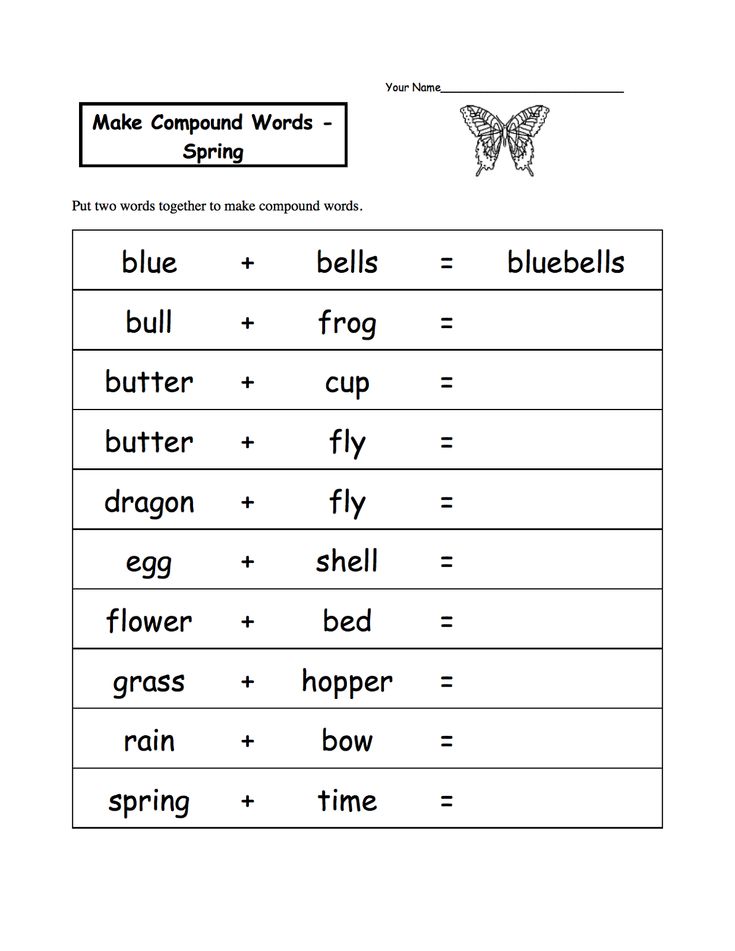 However, these words accurately and concisely convey the essence of the object or phenomenon in the name. Examples:
However, these words accurately and concisely convey the essence of the object or phenomenon in the name. Examples:
- agricultural;
- balloonist;
- natural science;
- trendy;
- armored personnel carrier;
- literary criticism.
Compound words - special terms or concepts; the longest and most difficult to pronounce expressions in Russian.
Examples of hard-to-pronounce words and phrases
A huge number of hard-to-pronounce words are chemical names. For example:
- Methylpropenylenedihydroxycinnamenylacrylic acid.
- Dimethylalkylbenzylammonium chloride - a substance that protects metals from corrosion.
- Trinitrotoluene is an explosive used in ammunition for destruction, crushing.
- Para-aminobenzoic acid dimethylethyl ester hydrochloride - common vitamin C (ascorbic acid).
- Deoxyribonucleic acid is a molecule in the cell that preserves and transmits hereditary information.
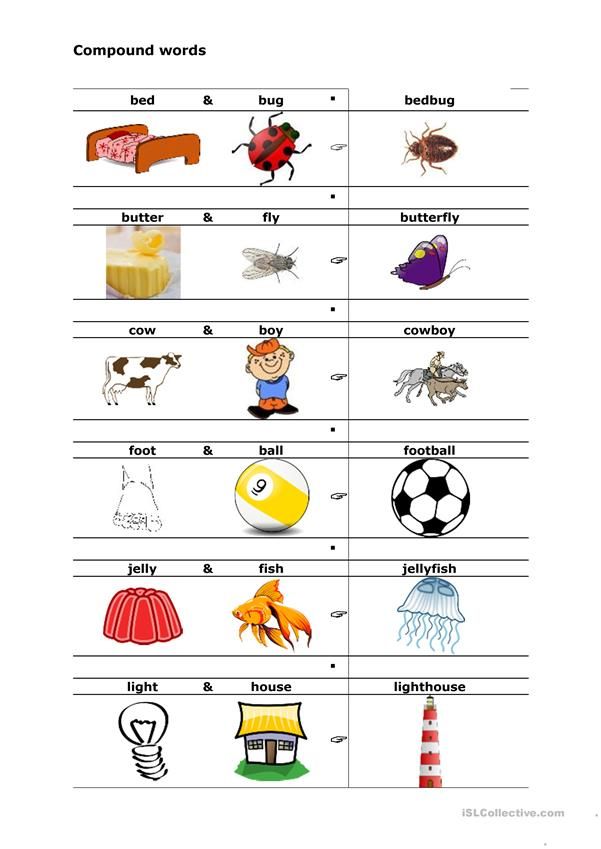
Difficult-to-pronounce terms are also found among commonly used words: superman, dance floor.
Complicated phrases are a means for improving pronunciation, developing the articulatory apparatus, helping to make pronunciation intelligible and distinct. Examples:
- Vacuum cleaner stripes were replaced with carpet half stripes.
- Coconut juice is boiled by coco-cookers.
- Kolya swore to Klava on his knees in the maple forest.
- Otters in gaiters dig into buckets in the depths of the tundra cedar kernels.
- Pathologists suspected paraganglia pathology.
- In the summer, five-year-old flying squirrels flew to the gathering of the flying clan.
- Khrushchi grab horsetails. Not every Khrushchev has enough horsetail.
- The son-in-law was carrying an ide because of the Yauza. Winters on the Yauza are full of ides.
- Sasha was walking along the highway and hit the dryer.
- Palmists and surgeons characterize rickets by cartilage fragility and chronic chromosomal hara-kiri.

- A crocodile stole a beautiful crocodile from the edge of a steep tussock. The crocodile gave the crocodile a crocodile.
- A chinchilla in a hut sewed for the chinchillas six shushuns, six pants each, and sixteen shurapkas each.
- Frail, suffering Koschey stole a box of vegetables.
How to learn to pronounce difficult words and phrases
Speech imperfections are easy to correct if you show patience. Complicated phrases are what you need to develop a clear, well-placed diction, a strong voice. In Russian there are tongue twisters intended for these purposes. They are easy to remember, rhythmic. Compliance with the rhythm makes speech smooth, melodic, expressive. It is not necessary to pronounce tongue twisters as quickly as possible, it is enough to pronounce them clearly, correctly placing accents and observing the rhythm.
The only way to learn how to pronounce difficult phrases and words is to constantly practice pronunciation.
